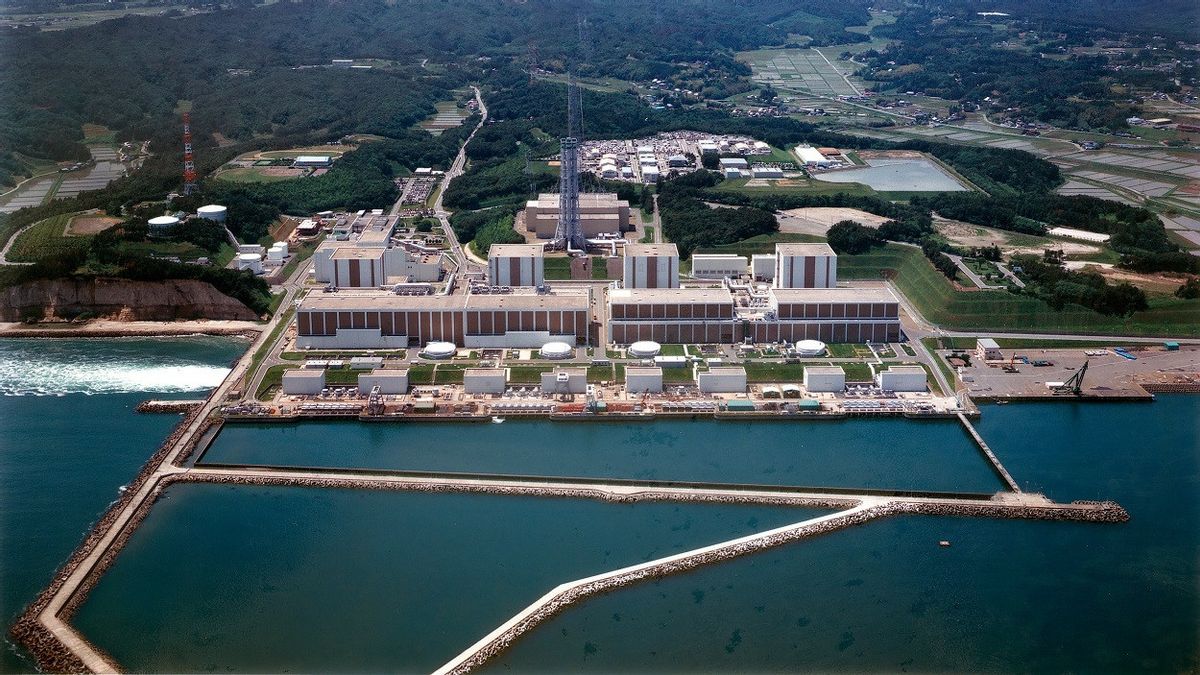JAKARTA - About 7,800 tons of radioactive water that have been processed have been successfully dumped into the sea from the Fukushima Daiichi Nuclear Power Plant in the first round of disposal as planned, the power plant operator said on Monday.
Tokyo Electric Power Company Holdings Inc. (TEPCO) is starting to dump water despite concerns voiced by local fishermen and strong opposition from China. The water contains tritium levels below the specified limit, according to Kyodo News Sept. 11.
It is known that the release, which began on August 24, was carried out under the supervision of the Government of Japan and the International Atomic Energy Agency (IAEA).
Due to the volume of water processed, due to melting nuclear fuel cooling, approaching the PLTN's storage capacity limit, TEPCO decided to release about 31,200 tons of this water in four stages during the fiscal year until March.
TEPCO, together with the Ministry of Environment, Fisheries Agency and Fukushima Prefectural Government, has been analyzing tritium levels in surrounding power plants since its initial release last month, and so far no abnormalities have been detected.
Meanwhile, IAEA Director-General Rafael Grossi said at a routine meeting of Monday's board, sampling and analysis of seawater recently showed tritium levels were below the limits set by Japan. He also said the IAEA would continue to carry out independent monitoring of the disposal.
Next, TEPCO plans to release 7,800 tonnes of water at the earliest by the end of this month, pending tritium concentration checks and inspections of water disposal facilities.
The disposal of processed water itself is very important, to disable nuclear power plants, which were badly damaged by the earthquake and tsunami disasters in 2011, according to TEPCO and the Tokyo Government.
Processed water is dumped into the sea one kilometer from a power plant through an underwater tunnel.
SEE ALSO:
It is known, before being disposed of gradually, the radioactive waste water of PLTN Fukushima had undergone a processing process that removed most of the radionuclides except for tritium. Before being dumped into the sea, the residual radioactive matter was diluted well below the permitted concentrations based on Japanese safety standards.
Tritium is known to be less harmful to human health, compared to other radioactive materials such as cesium and strontium, because it emits radiation that is very weak and not accumulated in the body, experts say.
The English, Chinese, Japanese, Arabic, and French versions are automatically generated by the AI. So there may still be inaccuracies in translating, please always see Indonesian as our main language. (system supported by DigitalSiber.id)


















